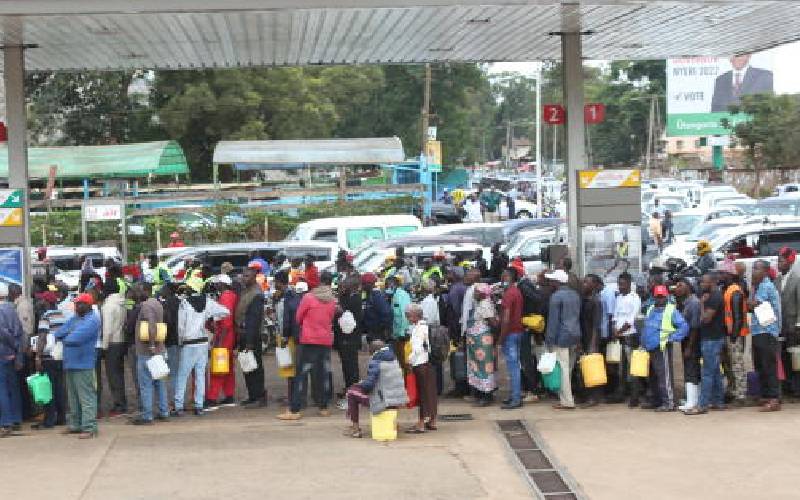
I do not remember any moment in recent history when consumers had to be turned away at the pump stations for lack of the precious commodity. Yet, this past week the whole nation had been sent into a panic mode as the retail units run out of supplies. While many consumers seemed to be caught by surprise, the warning signs have been all over for a keen observer.
For instance, a simple google search about fuel and gas in Kenya gives several diverse sets of articles on the same over the past two years on both mainstream and social media. If it is not about a new tax, it is about the new pump prices or a tussle between the Government and the oil marketers on something. Questions about the nature and clarity of the tax subsidy that the Government has been running from around April 2021 to cushion consumers against high pump prices have been with us since the inception of the programme.